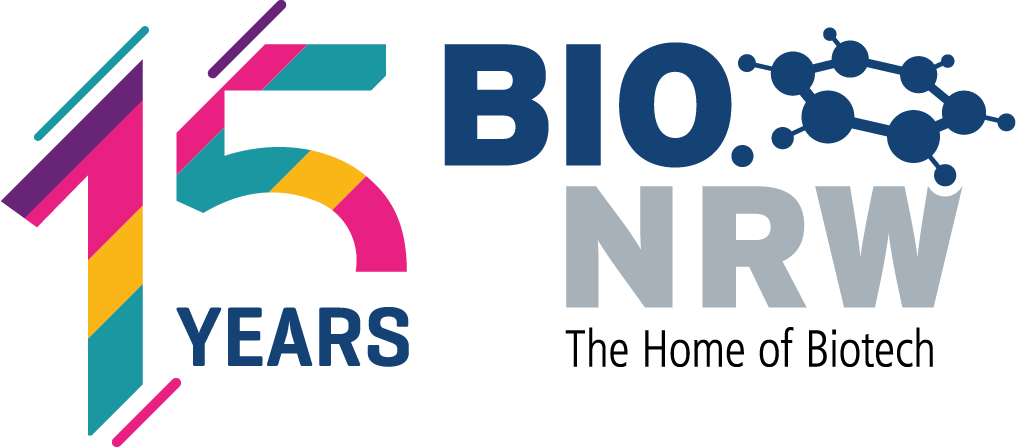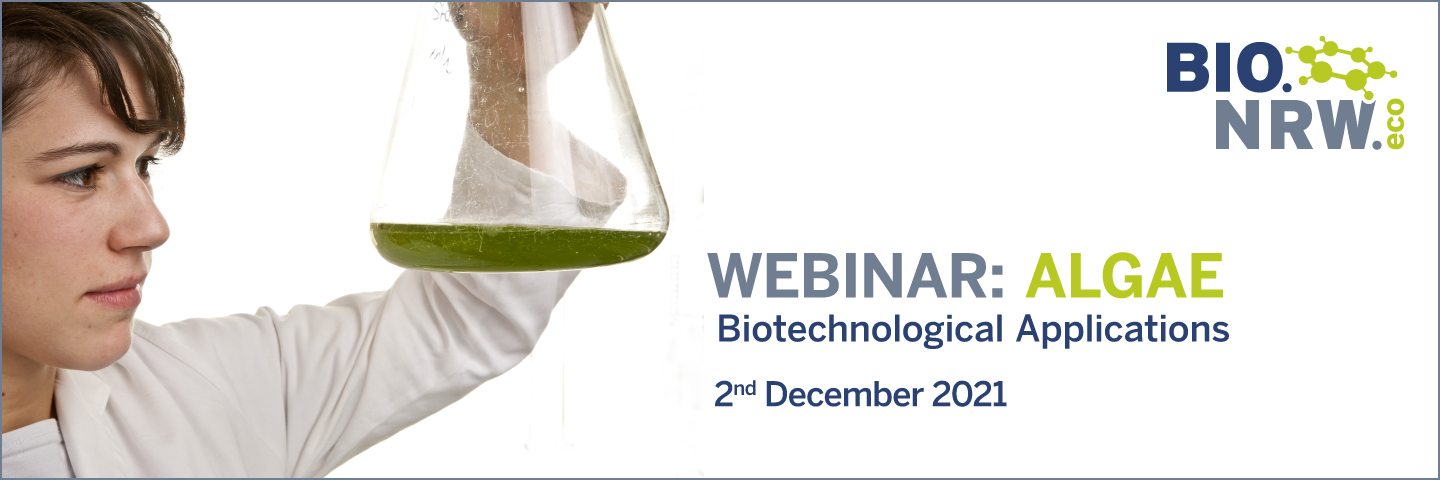
Webinar: Algae – Biotechnological Applications
English version below
Die Vermeidung fossiler Rohstoffe erfordert neue industrielle Prozesse für die nachhaltige Herstellung von Produkten. Seit Jahren wird im Bereich der Algenbiotechnologie geforscht. Die Vorteile von (Mikro-) Algen liegen auf der Hand: sie nutzen CO2 als Kohlenstoffquelle um Biomasse aufzubauen und können für die Gewinnung von Wertstoffen und Wirkstoffen eingesetzt werden. Dabei erzielen Mikroalgen höhere Wachstumsraten als Landpflanzen und können in vitro unter kontinuierlichen Bedingungen produziert werden. Damit stellen sie ein hohes Potenzial für die industrielle Produktion dar.
Welche Anwendungen werden durch die Algenbiotechnologie ermöglicht? Wie haben sich die Kultivierungsprozesse weiterentwickelt? Dieses Webinar stellt innovative Produktionsansätze vor sowie die vielfältigen Produktanwendungen, die sich durch die Nutzung von Algen eröffnen. Wir freuen uns auf Ihre Teilnahme!
The move away from fossil raw materials requires new industrial processes for the sustainable manufacturing of products. For years now, research has been conducted in the field of algal biotechnology. The advantages of (micro)algae are clear: they use CO2 as a source of carbon to create biomass and can be used to produce materials and substances. In doing so, microalgae achieve higher growth rates than land plants and can be produced in vitro under continuous conditions. They therefore offer great potential for industrial production.
What applications will be possible through algal biotechnology? How have cultivation processes developed? This webinar will present innovative approaches to production as well as various product applications that are possible through the use of algae. We hope you can take part!
Speakers
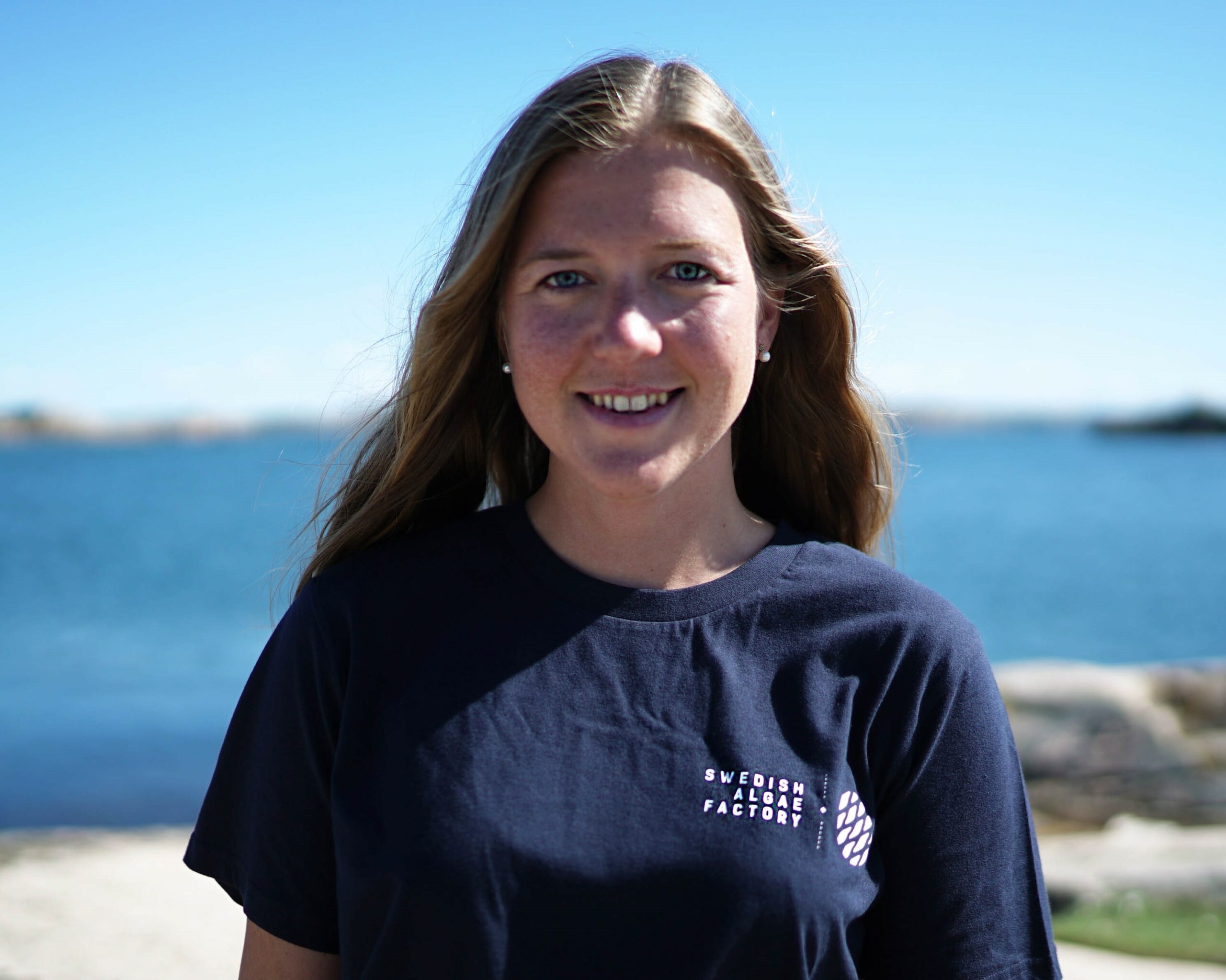
Sofie Allert - CEO Swedish Algae Factory
Sofie Allert is the co-founder and CEO of Swedish Algae Factory. She has a Bachelor’s degree in Biotechnology and a Master’s degree in Entrepreneurship and Business design from Chalmers University of Technology. Swedish Algae Factory was founded because of her passion for making use of a natural resource that can create a lot of sustainable value for society, algae.
Swedish Algae Factory have developed a circular business model around the algae group diatoms. The organic biomass of diatoms is surrounded by a nanoporous silica shell that the company extracts and brands under the name Algica. This silica shell has naturally exceptional light-altering, absorbing and releasing properties that are useful in several industries, where the material can replace harmful and/or less efficient chemical substances. Algica is today sold as a multifunctional personal care ingredient and is under review as a solar panel efficiency enhancing and battery capacity improving material.
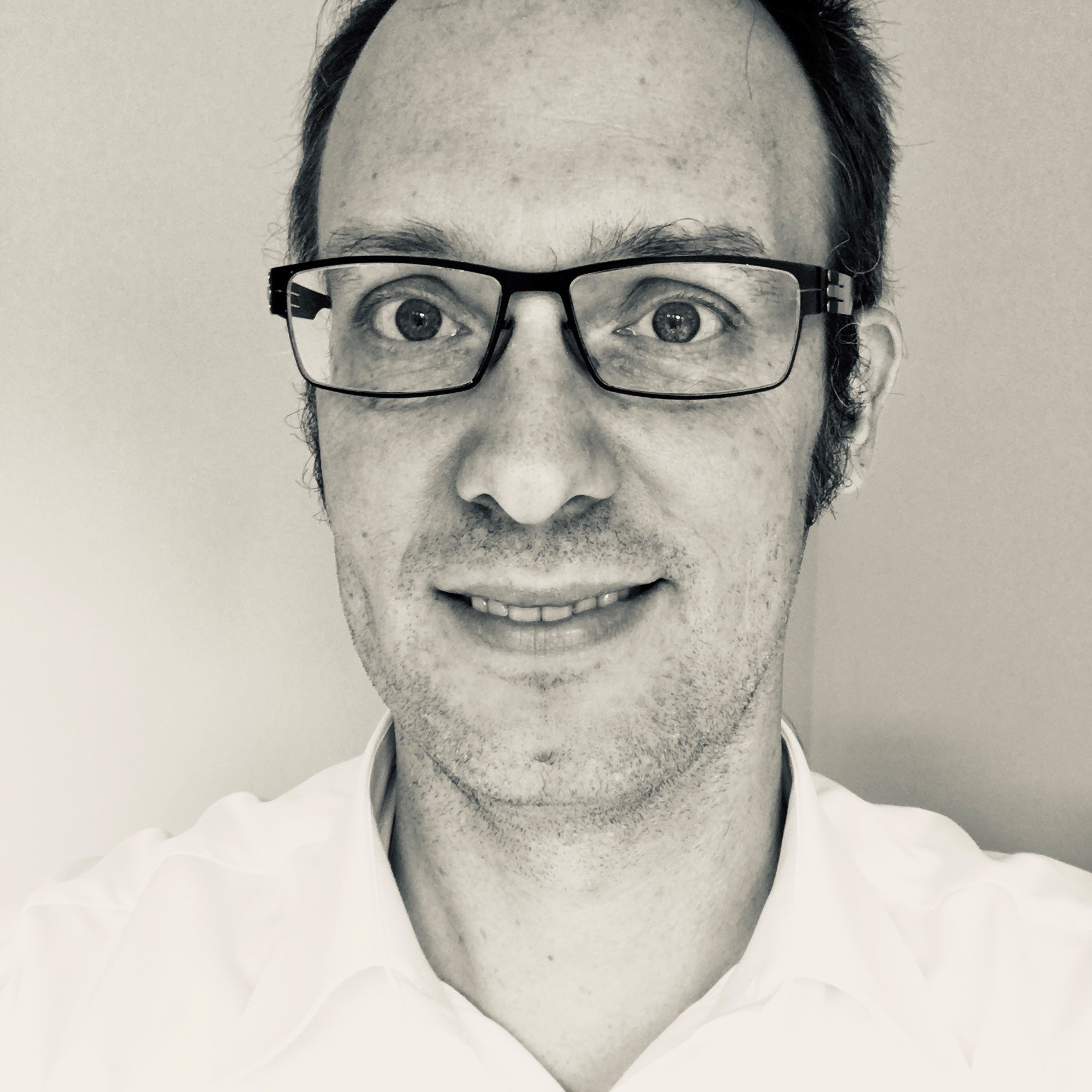
Björn Podola - Algenion GmbH
Björn Podola is a senior researcher and biotech engineer. He is appointed as Head of R&D Bioreactor and Process at Ad Astra ehf (Iceland) and CEO & Partner of Algenion GmbH (Cologne).
With more than 20 years of experience in academic and industrial research and development in biotechnology of microalgae, Björn is working on innovative solutions in bioreactor and process technology for microalgae production and microalgae-related products. His present focus is on the implementation of a novel production technology for the carotenoid astaxanthin.
Algenion GmbH is aiming on the industrial exploitation of microalgae at the level of R&D activities, production, downstream processing, and the development of business cases. The company’s core IP is based on proprietary biofilm photobioreactors, an efficient and robust concept for cultivation of algae, holding a huge potential to develop products in a competitive environment.
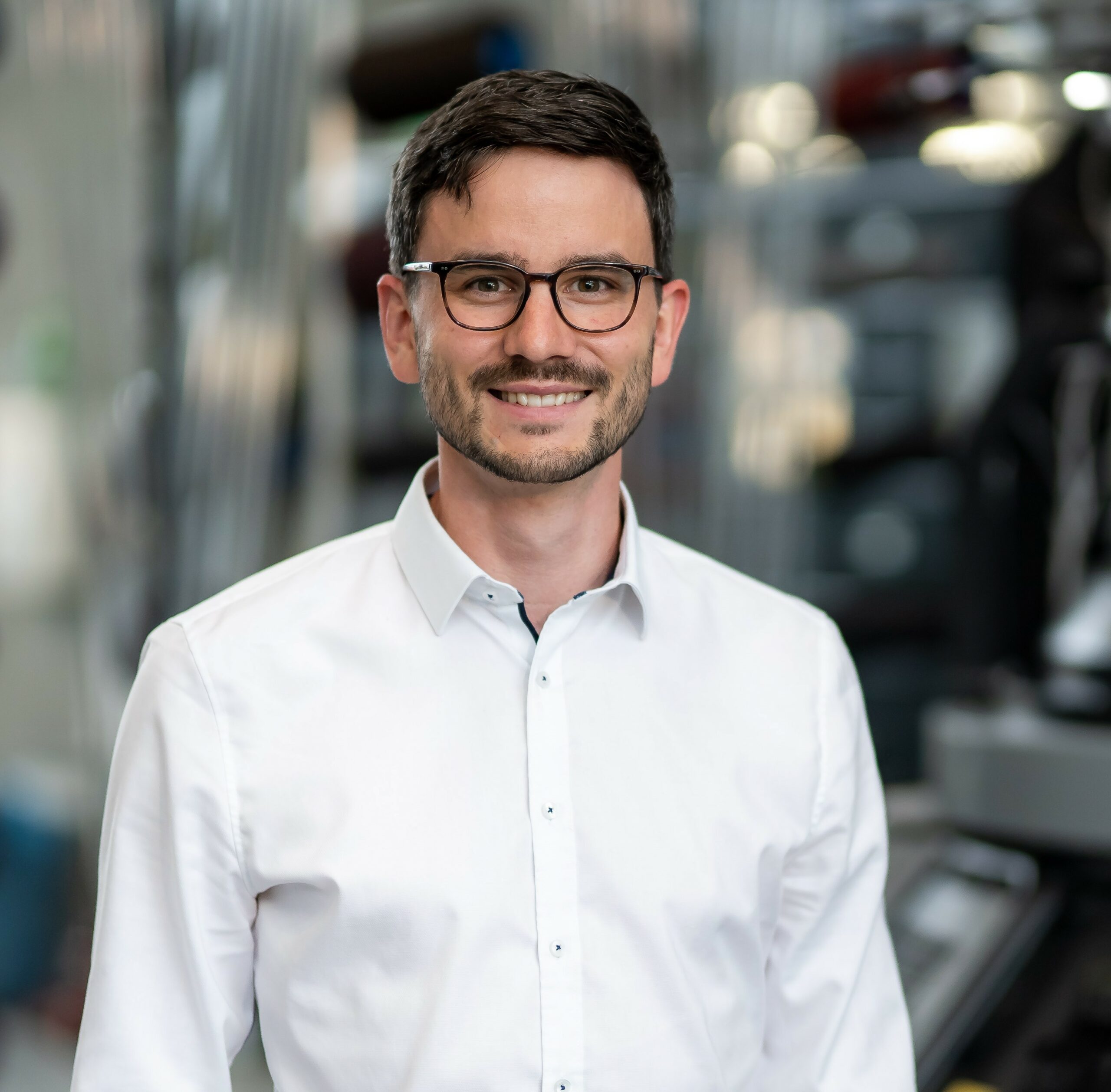
Christoph Peiner - Head of Division "Fabric Production” at the Institut für Textiltechnik (ITA)
Christoph Peiner is head of the division “Fabric Production” at the Institut für Textiltechnik (ITA) of RWTH Aachen University, which covers research and development activities in the technology fields of knitting, weaving and warp knitting. Mr. Peiner is deputy lead of the AlgaeTex project, which is funded by the German Federal Ministry for Economic Affairs and Energy (BMWi) as part of the BioTexFuture bioeconomy area. In addition, Mr. Peiner is chairman of the DIN standards committee NA 106-02-11 AA, a member of the DIN textile standards advisory board and (co-)author of the standards DIN 60022-1, DIN 60022-2 and DIN 60022-3. Mr. Peiner studied industrial engineering at RWTH Aachen University, specializing in mechanical engineering and with a focus on textile technology, management and operations research.
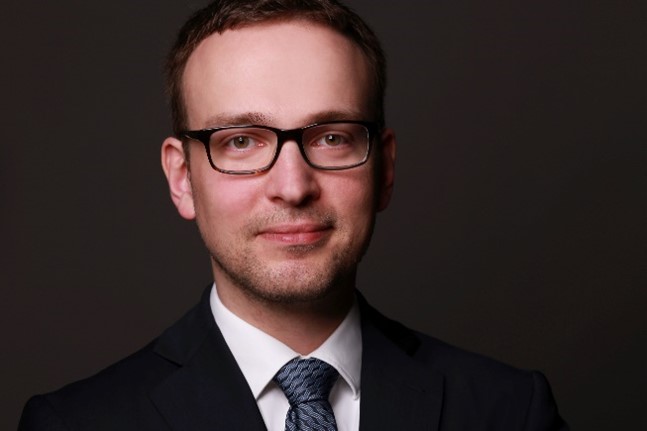
Holger Klose - Head of Research Alternative Biomass at Jülich research Center
Holger Klose completed his doctorate in plant biotechnology at RWTH Aachen University. He is currently head of research “Alternative Biomass” at the Institute of Bio- and Geosciences – Plant Sciences – (IBG-2) at Forschungszentrum Jülich. His research focuses on sustainable concepts for biomass production in conjunction with integrated processes for biorefineries. Based on molecular, physiological, and ecological expertise, his research group at IBG-2 develops integrated concepts for the sustainable intensification of plant production and biomass use towards a knowledge-based bioeconomy. Future agricultural production systems will benefit from cycles. Algae have a high capacity to accumulate nutrients from water streams. The biomass produced in this way can be reintroduced into soils and contribute to soil fertility while reducing dependence on mineral fertilizers in the production of plant biomass. Such sustainably produced biomass can also be used to produce platform chemicals and energy sources.
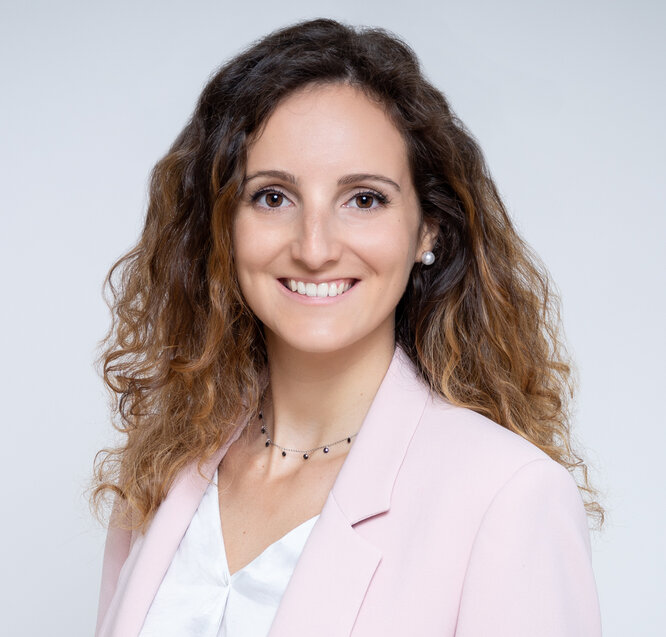
Greta Canelli - Postdoctoral Researcher at ETH Zurich
Greta Canelli completed her master in Food Technology at Wageningen University and doctorate at ETH Zurich in the Laboratory of Sustainable Food Processing. She is currently a postdoctoral researcher at ETH Zurich, working on microalgae upstream and downstream processing for the enhancement of omega-3 fatty acids bioaccessibility and oxidative stability in the whole biomass.
Book your Event here
Bildquelle © BIO.NRW; Institute of Biochemistry, University of Cologne
